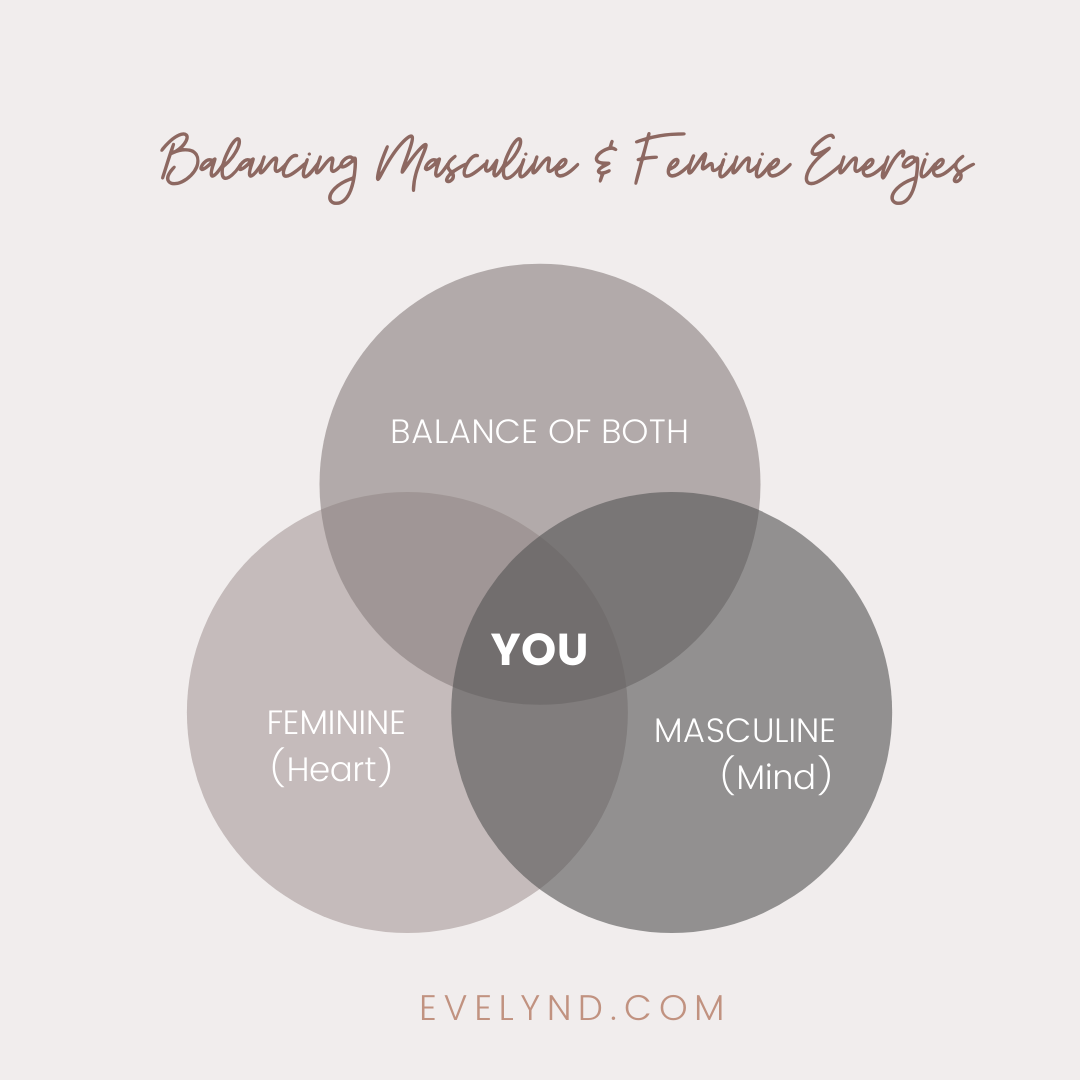I’m the self-titled queen of “Weight Loss Resistance”.
If there ever was someone who has dieted, restricted calories, eliminated reactive foods (even entire food groups), dialed in MACROS every which way possible, ate completely “Clean”, exercised like a fiend, supplemented ’til the cows came home, detoxed, worked on stress and sleep balance, self care, bodywork, positive thinking, mindset, meditation – you name it – only to lose (and quickly regain) a piddly few pounds (or none at all), it’s me.
I’m not making excuses…and I also know I’m not alone.
 I see it all the time. There are some clients – most of them actually – that follow the eating and lifestyle plans we come up with and they lose weight like clockwork. Every week we see a nice moderate loss and they feel great…It’s such a beautiful thing.
I see it all the time. There are some clients – most of them actually – that follow the eating and lifestyle plans we come up with and they lose weight like clockwork. Every week we see a nice moderate loss and they feel great…It’s such a beautiful thing.
But then there are those few – like me – that are just as “compliant”, but their results are a struggle, inconsistent or non-existent.
For various reasons (I’ll go into a few of them here) our bodies want to hang on to some extra body fat.
For me, with both my research and inner and outer work, I finally may have come to a place of acceptance and a mindset of ‘this is me – I’m healing’..and I know that healing can take months – even years. It’s a journey – not a quick fix.
I also realize our body image is all relative. My “heavy” is someone else’s dream weight or ideal goal and conversely, my body size could be someone else’s – like a really lean person’s – worst nightmare!
So if you’re struggling with weight and have tried dieting and exercising to no avail, consider these three reasons why the scale may be stuck, but you also may want to take some time to consider that where you are right now, might just be OK – perfect even.
OK here’s the three:
- Hormones – Thyroid, adrenals and insulin – along with a slew of other hormones, play a huge role in whether or not we store more fat or burn more fat. Insulin in particular is secreted when blood sugar is elevated. Insulin is essential to regulate blood glucose, BUT excess insulin increases fat storage and decreases lipolysis (fat burning). What created excess insulin? Too many carbohydrates as well as too much cortisol (stress hormone) which both raise blood glucose. How do we decrease insulin? Avoid excess carbohydrates – especially refined carbohydrates (pasta, crackers, bread, chips, sweets), eat adequate protein and healthy fats, loads of veggies and nutrient dense foods — and you have to manage stress – including getting adequate sleep and exercise to keep appetite hormones (such as leptin and ghrelin) balanced.
- Toxicity – Let’s face it, we live in a toxic world. There are tens of thousands of newly created chemical compounds combined in an infinite number of ways that we have NO IDEA how our bodies will react. This was (and may still be) one of the contributors to my weight loss resistance issues. I had mercury and lead toxicity which may have been tied back to my pescetarian days when I ate a lot of fish (our oceans are riddled with mercury and PCBs and a myriad of other toxins). I also smoked in my teens and early twenties. And I still love a cocktail or two now and again (also toxic). Another big culprit besides the chemicals in our food and drink are the beauty and home products we use everyday. Our skin is our largest organ and the chemicals we ingest, breathe in and slather on our bodies is off the charts. When our detoxification pathways (those elimination channels where we sweat, breathe out, pee and poop out toxins essentially) – when they start to max out due to toxic overload, our body is intelligent and protective enough to not let the toxic excess impact our vital organs which are necessary for our survival. So where can these toxins go if they can’t be safely eliminated? You guessed it: FAT cells. And to keep them from reentering circulation, the body will keep those fat cells right where they are to protect us. This is why classes of chemicals are now called “OBESOGENS”. They literally make is fat! (My two favorite products to help clear detoxification pathways are this and this.)
- Weight Set Point – Our bodies, on a physiological level, don’t like change. When we diet and exercise in excess and lose weight, the body senses that something’s wrong. This is why losing weight and keeping it off is nearly impossible for 99% of dieters. Naturally, the body starts to slow things down in order to get back to it’s familiar and safe weight set point. One strategy to overcome this tendency is to take it slow and steady when it comes to weight loss. Don’t drop weight too quickly and when you do lose weight – say over a 1-3 month period, spend a good amount of time (2-3 months) at that weight, before attempting to lose more. In our quick fix culture, this is not a popular approach because it takes a long time to recalibrate the new set point, but it’s more successful in the long run. If you need support through this process in order to achieve sustainable fat loss, check out one of my packages OR schedule a free 15 minute session to figure out what might work best for you.
Want to learn more? Dr. Kaley Burns at CNHP wrote an excellent article in this month’s Natural Nutmeg on the weight loss resistance topic. She goes into even more of the hormonal impacts as well as the emotional side of eating behavior.
This is huge!
Most weight loss clients I work with start their journey over-consuming calorically dense and nutrient deplete foods (and drinks) which negatively impact metabolism, appetite, energy and cravings. They’ve adapted this pattern because of habits, emotions and the prevalent cultural norms in the processed Western S.A.D. diet. This is low hanging fruit and I find that most people transform beautifully when they start to shift to real food — but some still struggle.
In either case, it’s important to understand that the answer is NOT to under-eat and overexercise as our mainstream diet advice perpetuates. That leads to even more hormonal imbalance and it’s just not sustainable – which then leads to rebound, yo-yo weight regain.
It’s about finding the right nutrient dense diet and lifestyle balance for YOU (know that everyone is different)…while allowing the body to heal and come into it’s own natural rhythm and subsequently – eventually – the right body composition.




